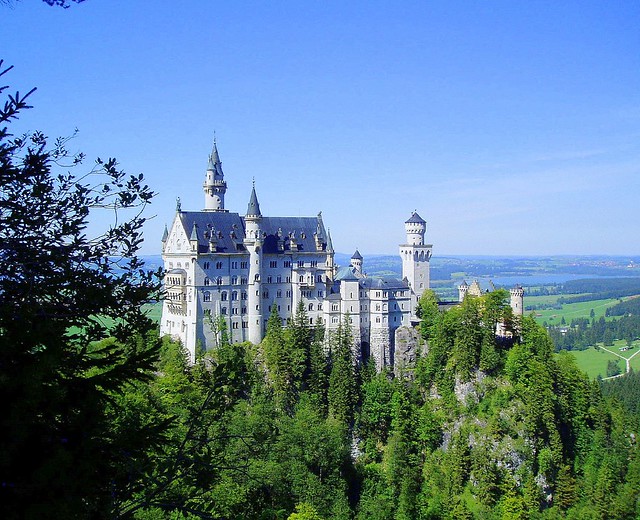A. What I learned in this class that will be most applicable to my
understanding of the world is all the economic viewpoints. These economic viewpoints
will be useful because it means I get a better perspective and can look at
economics from a German view point. This view point will help me to understand
the world in ways like dissecting transportation in geographical ways and
understanding that different places in the world make different decisions based
on different values to their society.
B. I am interested in learning more about
transportation in differing countries. I really want to know what effects
transportation and why Europe is able to be so different in transportation than
the United States. I also would like to learn more about international
trade. What are the exact economic factors that affect trade and how do
countries try to get the best out of their trade deals?
C. I would advise the next year students
to work ahead of time. To try and start projects, papers and blog posts early.
Also take notes on the reading so that you can have precise examples from the
reading to add to the next class’s discussion. Also make sure to have a basic
understanding of economics and if not talk to any economics professor about
economics to get different explanations that might make more sense to you.
















